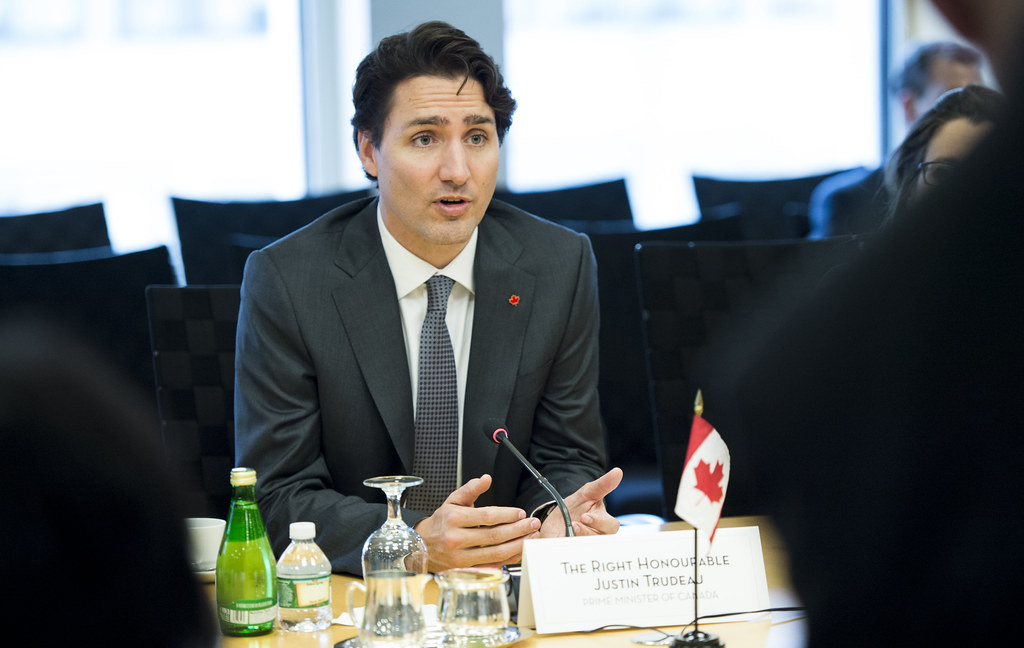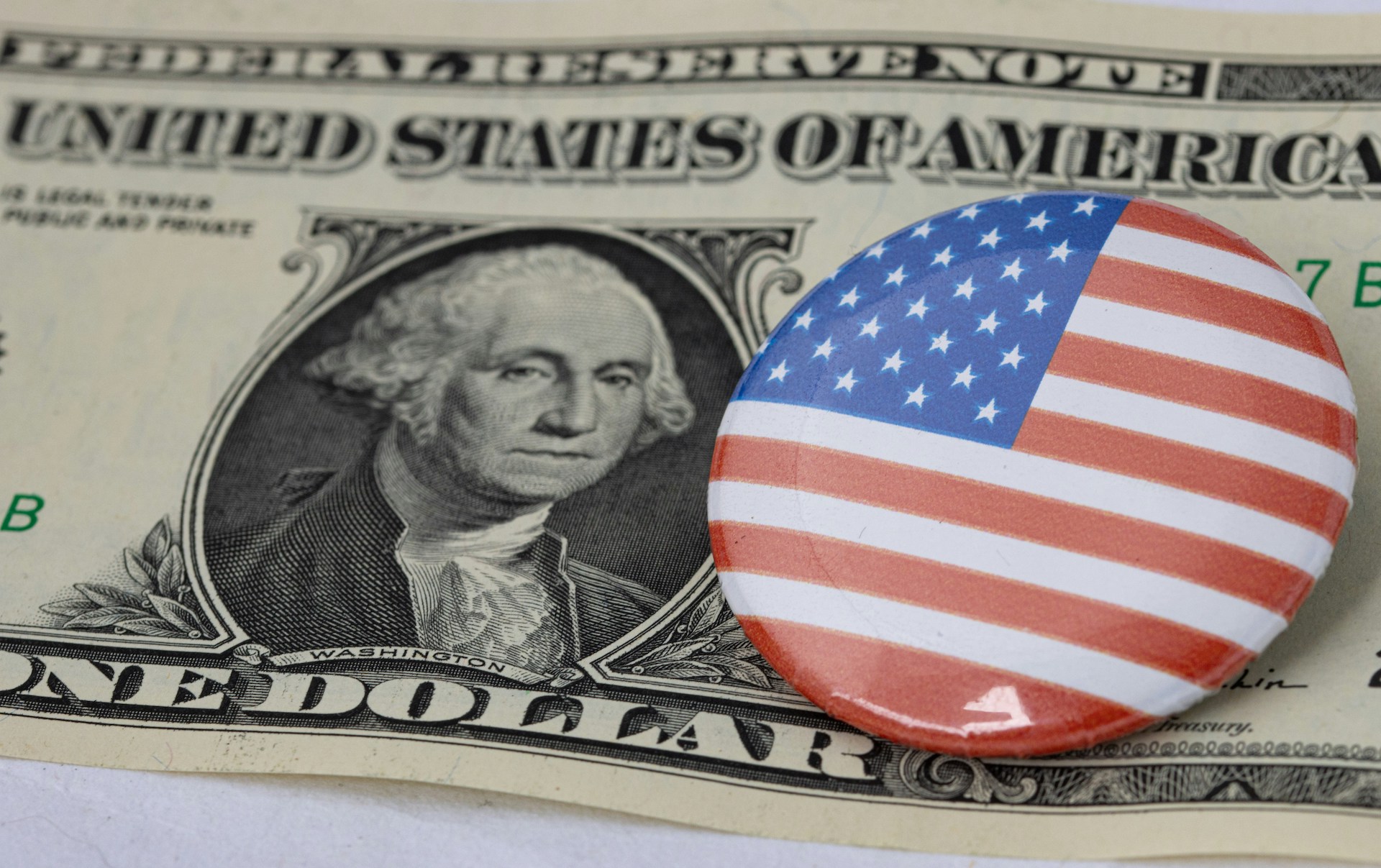The 401(k) plan, a staple of American retirement savings, is facing an uncertain future. Experts from both ends of the political spectrum are questioning its continued viability, given its tax-advantaged status and the increasing need for the federal government to find new revenue sources.
With trillions of dollars at stake and an industry built around these plans, the potential phase-out of 401(k)s raises significant concerns about future retirement savings.
The Tax Debate Heating Up

401(k)s are cherished for their tax advantages, allowing contributions to grow tax-free until retirement. However, this benefit costs the government an estimated $185 billion annually (as of 2019), a hefty price that’s catching the eye of policymakers (via Financial Advisor).
As debates intensify, Bloomberg columnist Allison Schrager notes that the tax treatment of 401(k)s emerges as a prime target for reform, sparking discussions on the future of retirement savings.
The Study That Questioned Everything

A 2014 study of Danish savers turned the tide by challenging the efficacy of tax-advantaged retirement accounts. It found that people saved just as much without them, attributing increased savings in retirement accounts to automatic deductions rather than tax incentives.
This study laid the groundwork for a global reevaluation of the 401(k)’s effectiveness.
Across the Board Discontent

The disillusionment with 401(k)s isn’t confined to a single political viewpoint; scholars across the board are questioning their value.
The system, while beneficial for some, often favors the wealthy and fails to significantly boost overall savings rates. This broad-based skepticism underlines the growing calls for reform.
The Future Without 401(k) Tax Benefits

Imagine a world where 401(k)s exist without their tax benefits. The incentive to save in these accounts diminishes, raising existential questions about their purpose.
This shift could lead to the rise of employer-sponsored liquid accounts, offering flexibility but potentially undermining long-term retirement savings.
Canada’s Lesson in Liquid Savings

Looking north, Canada offers a glimpse into an alternative retirement savings landscape. More flexible accounts similar to Roth IRAs are gaining popularity, suggesting a potential path forward for the U.S. as it rethinks the 401(k).
That said, the trade-off between liquidity and long-term saving is a critical consideration.
The Case for Keeping 401(k)s

Despite the criticisms, there’s still a compelling argument for the 401(k). Its ability to discourage early withdrawals through penalties is seen as a crucial mechanism for ensuring savings last into retirement.
This feature highlights the broader social goal of preventing the premature depletion of retirement funds.
Expert Opinions on Savings Incentives

Andrew Biggs, a noted expert on retirement savings, suggests that modifying the capital gains tax could be a way to encourage saving without the need for 401(k)’s tax advantages.
This approach reflects a nuanced understanding of savings behavior and the challenges of promoting long-term financial security.
The Importance of Nudges in Saving Behavior

The role of governmental and employer “nudges” in encouraging retirement savings is significant (via Association for Psychological Science).
While some argue that people should have the freedom to choose how they save, others believe that these nudges are essential for promoting a culture of saving.
The Fiscal Responsibility of Governments

Retirement accounts like the 401(k) not only encourage individuals to save but also impose a form of fiscal discipline on the government by deferring tax revenue.
This aspect of retirement savings is often overlooked but is important in the broader context of government spending and saving behaviors.
The Future of American Retirement Savings

As the debate over the 401(k)’s future intensifies, it’s clear that changes are likely on the horizon.
Whether through reforming the tax system, introducing new types of savings accounts, or reevaluating incentives, the landscape of American retirement savings is poised for transformation.
What This Means for You

The potential disappearance of the 401(k) as we know it today could have profound implications for future retirement planning.
Americans may need to adapt to new saving strategies and vehicles, emphasizing the importance of staying informed and proactive about retirement savings in an ever-evolving financial environment.
